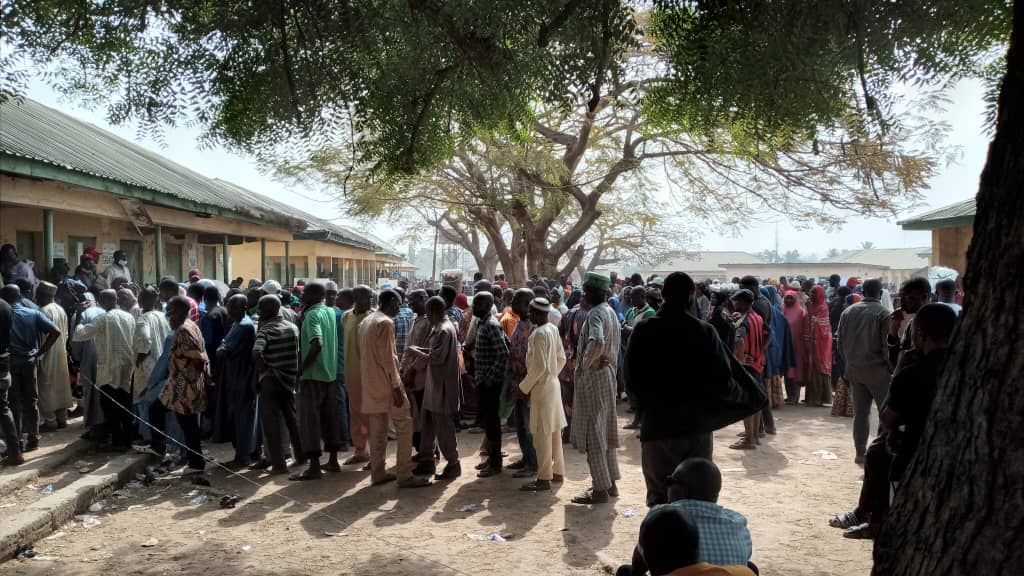Mao’s theory guided China to leverage global political mobility and manoeuvrability by aligning itself strategically with the political struggle of the third world nations. Faced with the threat of exclusion from a US-led world economy, China had to seek alternative power sources for legitimacy and survival.
Perceiving itself as the leader of third-world revolutionary movements, China firmly supported third world countries in their struggles for independence and against hegemonism, and established relations with some second world countries, helping them resist interference and control by the superpowers.
Subsequently, China became integrated into a world economy that was also structurally premised on three worlds, their interrelationships theorised by a critical perspective known as the world systems theory. Here, the first world comprises “core” economies – what Mao defined as his first and second worlds. Today, this is commonly referred to as the Global North.
In retrospect, China’s foreign policy smartly leveraged the two “three worlds” theories both during and after the Cold War.
A hallmark of the success of Mao’s “three worlds theory” in China’s foreign policy is that in 1971, the People’s Republic of China was declared the “only legitimate government” of China in a UN resolution supported by many developing countries, making Beijing one of the five permanent members of the UN Security Council.

China’s great accomplishment in leveraging the other three-worlds theory is its rise in economic importance globally. This, in itself, is altering the conventional stratification of a small core, a scattered larger semi-periphery and large periphery.
Xi calls legal backing on foreign affairs an ‘urgent task’ for China
Xi calls legal backing on foreign affairs an ‘urgent task’ for China
On the other hand, being the world’s global manufacturing and supply superpower, and its largest trading nation, China is also emerging as a core economy in relation to the Global South.
The Global South does not buy the Western stance on these two conflicts and shares a similar position with China. Even the 2023 Munich Security Report notes that “not a single state from Africa or Latin America is part of the loose coalition that has imposed sanctions on Russia”.
Why the Global South is rising at the expense of Western powers
Why the Global South is rising at the expense of Western powers
China’s reformist foreign policy has predominantly focused on establishing “major power” relationships with the West. Today, China should reorient its foreign policy towards the Global South.
This is necessary because China cannot rely on the recognition and support of the US-led West for initiatives like the belt and road. On the contrary, China is facing and will continue to face substantial Western resistance to its vision of a just and equal world order.
The legacy of Mao’s emphasis on solidarity with the Global South contributed to the concept of “South-South cooperation” and support on the basis of shared historical experiences and challenges. Likewise, Beijing’s proposal for “a community of common destiny” must aim to bring back the Global South as its foreign policy priority. China’s continuous rise in the Global South is the most reliable stepping stone to an alternative world order.
Li Xing is a professor at the Department of Politics and Society at Aalborg University, Denmark







